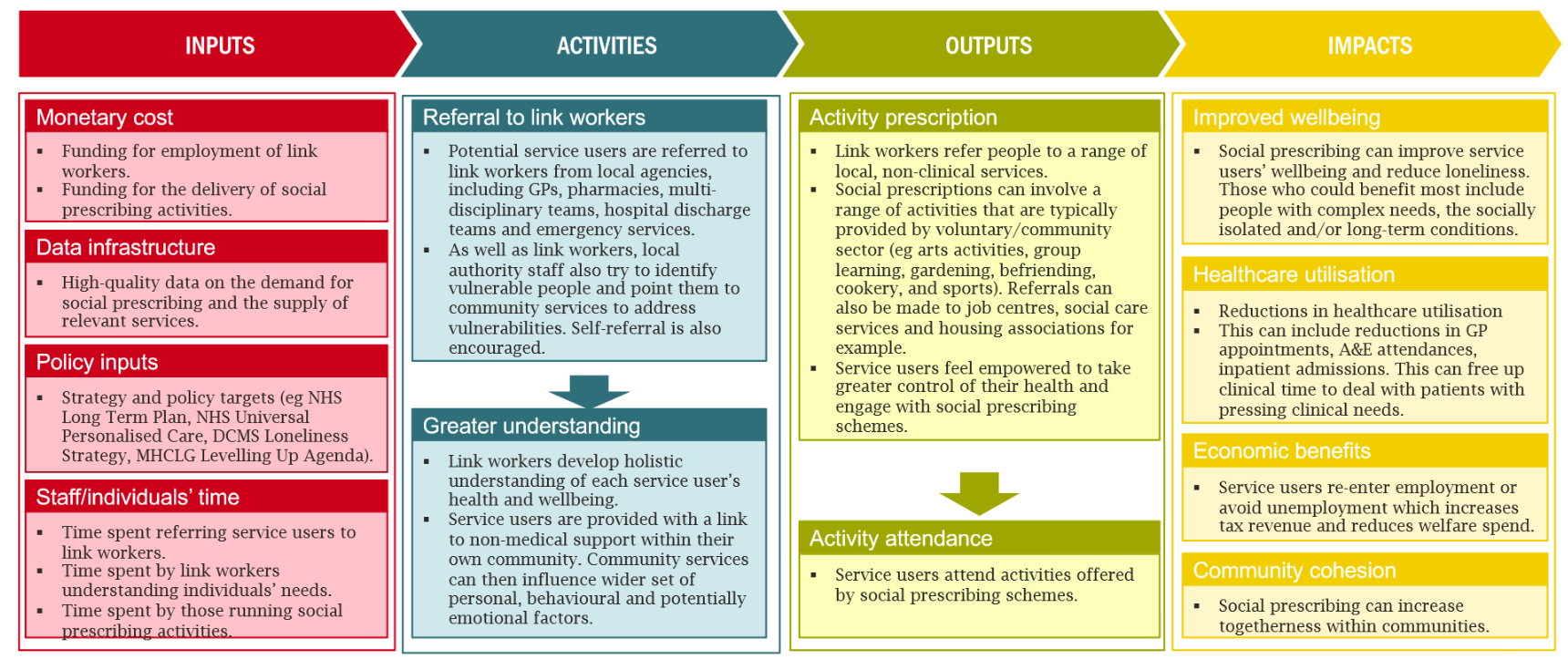The Open Data Institute is combining with UK sporting and health bodies to do for fitness what has already happened in fields from banking to travel. That is, using open data for greater accessibility, more opportunities for customers… and in this case taking some weight off increasingly pressured health services.
Speaking to The Stack from the State of Open Con conference in London, Andrew Newman, principal data specialist at the ODI, said “social prescribing” (non-clinical treatments for mental health, welfare, loneliness and other issues) could have wider benefits if only the data and infrastructure were properly aligned, and if we are able to address the currently “patchy” and inconsistent data issues. He pointed to new data, released this week with an updated social prescribing tool, showing a correlation between mental and physical health.
ODI: Open Data could be critical to improving fitness, wellbeing

Enter Sport England and OpenActive, both of which are working with the ODI and want to make venues for getting fitter more widely available. Allison Savich, strategic lead for innovation and digital at Sport London, said, “One of the biggest barriers is that it’s really hard to find facilities in your local area.”
Data is too often inaccurate, old or hard to find, she added. (Previously as the ODI has noted, "much of the information about activities – from which tennis courts can be booked to which dance classes are available – is hidden away in old-fashioned websites, social media groups, PDFs or printed flyers... Enhancing data literacy in the sector is therefore a priority, and the ODI will help to make publishing physical activity data as easy as possible for providers.")
Open APIs, data federation and quality of data have improved “but we’ve still got a way to go to make it easy”, for both providers and users, Savich said. And if we don’t, then we risk losing hard-pressed staff to other employment opportunities. “Paying Google” is another alternative but comes with no guarantees of success and is expensive. “Sports clubs just don’t have the capacity to market their activities in the way you would get from other sectors.”
Jade Cation, director of impact and innovation at Sport England, said the situation with data was “a little bit chicken-and-egg in that we need this data to innovate around the issue”. In other words, get more data and better data with standard ways to describe the same infrastructure elements and the situation will improve.
As Lisa O’Keefe, Director of Insight at Sport England has emphasised: "With opportunities to go swimming described and advertised in more than 6,000 different ways, you can be left feeling it’s easier to break the enigma code than navigate a pool timetable. But it doesn’t have to be that way and the sports sector is ready and willing to change that. We want to make it as easy to book a badminton court as it is a hotel room, and open data is an essential part of that."
In all, 222 live data feeds have now been created from the likes of leisure centres, facilities owners, booking systems and data publishers. Trackers fed by these data streams include Get Active, Classfinder and Parasport.
The ODI has also drawn together a wide range of datasets on "the incidence of issues which could drive demand for social profiling" including hospital admissions, children in the criminal justice system and more and used the aggregated data to create an interactive map of potential demand that service providers could draw from.









